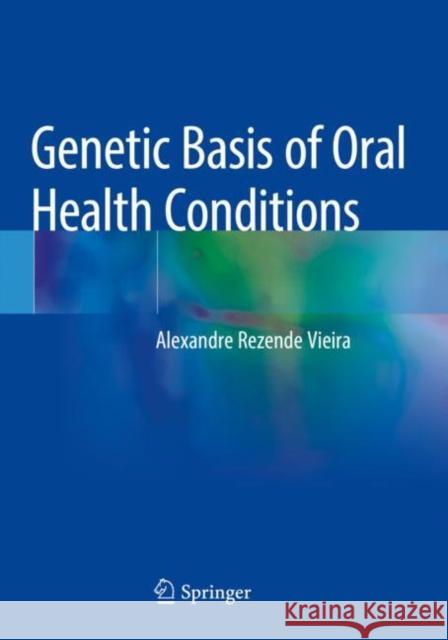Genetic Basis of Oral Health Conditions » książka
topmenu
Genetic Basis of Oral Health Conditions
ISBN-13: 9783030144876 / Angielski / Miękka / 2020 / 104 str.
Genetic Basis of Oral Health Conditions
ISBN-13: 9783030144876 / Angielski / Miękka / 2020 / 104 str.
cena 402,53
(netto: 383,36 VAT: 5%)
Najniższa cena z 30 dni: 385,52
(netto: 383,36 VAT: 5%)
Najniższa cena z 30 dni: 385,52
Termin realizacji zamówienia:
ok. 22 dni roboczych.
ok. 22 dni roboczych.
Darmowa dostawa!
Kategorie BISAC:
Wydawca:
Springer
Język:
Angielski
ISBN-13:
9783030144876
Rok wydania:
2020
Wydanie:
2019
Ilość stron:
104
Oprawa:
Miękka
Wolumenów:
01











